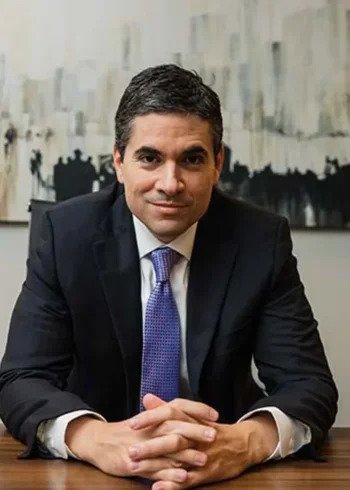Regardless of your opinion about your child’s other parent, that person’s passing will have an impact on your life if he or she had custody.
You might assume that you’ll automatically get full custody upon death, but the Texas’ child custody statute is more complicated than you think.
As such, there’s no simple answer to the question: “If the custodial parent dies, who gets the child?” Instead, the response requires an in-depth look at your current situation, a close review of the relevant laws, and going through the required court proceedings.
While you should trust an Austin child custody lawyer for advice that’s custom-tailored to your situation, a summary of the primary legal concepts should be helpful.
Overview of the Child’s Best Interests Standard
Before getting into the details, it’s important to understand how decisions on custody are made in Texas. The determination of custody and visitation revolves around the child’s best interests.
Whether the issue comes up on divorce, death of the custodial parent, paternity proceedings, or other circumstances, the court will look to the nine factors that comprise the child’s best interests. The factors include the emotional and physical needs of the child, a parent’s ability to meet them, the child’s wishes, and many others.
Default Rule = Surviving Parent Gets Custody
In general, a court will likely award custody to the survivor when a custodial parent dies. The reason is that the law favors a child having a solid relationship with each parent.
Still, it’s necessary to apply the factors of the child’s best interests before granting custody to a surviving parent. There may be exceptions where custody is NOT appropriate, such as:
- If the parent presents a danger to the child;
- Where the parent doesn’t have the ability to raise the child; or,
- If the proposed residence for the parent and child would be an improper living arrangement.
When Custody is Addressed in the Will
Many parents will include provisions regarding care of minor children in the event of death, usually by appointing a guardian. However, a child isn’t a piece of property that a person can bequest in a will. Custody cannot be automatically granted in a will, and a judge will not enter an order for custody based upon the will alone.
The provisions regarding custody may be taken into account, but the best interests of the child once are once again the determining factor. The court will first look to whether the surviving parent meets the standard. A judge will only consider the guardian designated in the will if the survivor cannot serve the child’s best interests.
Consult with an Experienced Austin Child Custody Attorney
Hopefully, this information provides some guidance in answering the question: “If the custodial parent dies, who gets the child?” However, it’s no replacement for the advice and counsel that a skilled child custody lawyer can offer.
For additional details, please contact the Law Office of Ben Carrasco, PLLC at (512) 489-9820 or via our website. We’re happy to schedule a consultation to explain your legal options.

